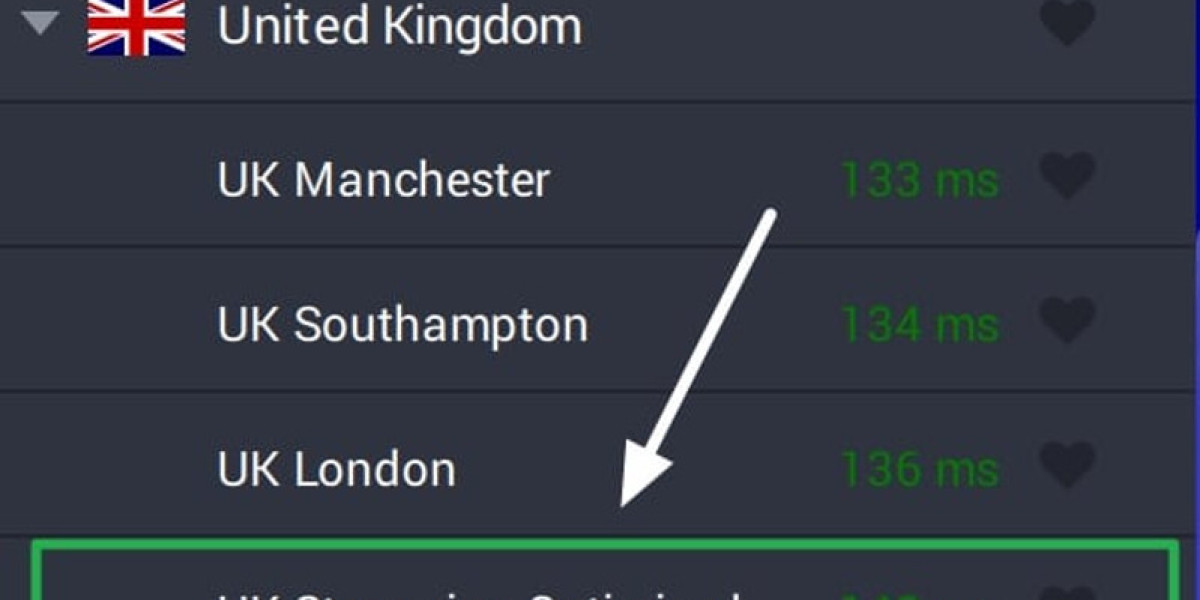In the ever-evolving digital age, the financial industry has embraced technology at an unprecedented pace. The fusion of finance and technology—commonly known as Fintech—has become a powerhouse of innovation, transforming how businesses and consumers manage money, make payments, and invest. At the core of this revolution is fintech software development, a critical process that helps bring to life intelligent, secure, and scalable digital financial platforms.
Whether it’s mobile banking, personal finance apps, lending platforms, or blockchain-based services, custom fintech software is what empowers organizations to serve a new generation of tech-savvy users. This guide takes you through everything you need to know about fintech software development in 2025—from benefits and features to types, challenges, and future trends.
What Is Fintech Software Development?
Fintech software development refers to the process of designing, building, and maintaining software systems tailored to the financial industry. This includes everything from peer-to-peer payment apps and digital wallets to trading platforms and robo-advisors.
The goal of fintech software is to improve financial service delivery, enhance customer experience, streamline internal operations, and meet compliance standards through innovation. With the growing demand for digital finance, fintech software development has become crucial for banks, credit unions, startups, investment firms, and even insurance providers.
Top Benefits of Fintech Software Development
Let’s look at the major benefits that businesses and customers gain from leveraging custom fintech software:
1. Improved Customer Experience
Fintech software puts customer experience at the forefront. With easy-to-navigate mobile interfaces, personalized dashboards, and real-time updates, users can manage their finances anytime, anywhere. AI-driven features such as smart recommendations and chatbots further enhance the interaction. As a result, customers enjoy better transparency, control, and trust in financial services.
2. Automation of Financial Processes
Manual operations like billing, loan approvals, investment tracking, and account reconciliation can be fully automated with fintech platforms. Automation reduces errors, cuts costs, and accelerates processing time, allowing businesses to serve more clients efficiently. This also frees up internal teams to focus on strategic tasks rather than repetitive operations.
3. Enhanced Security and Compliance
One of the biggest concerns in finance is data security. Fintech software is built with robust cybersecurity protocols, including encryption, two-factor authentication, and biometric access. Additionally, solutions are designed to comply with international standards such as GDPR, PCI-DSS, and local financial regulations, ensuring safe and legal operations.
4. Scalability and Customization
Fintech platforms are designed to grow with your business. Whether you're serving 100 users or 1 million, cloud-based architectures make it possible to scale without disrupting services. Moreover, fintech applications can be customized to match unique business models, customer personas, and market requirements.
5. Access to Advanced Analytics
Fintech software often integrates analytics tools that allow organizations to track user behavior, financial trends, and operational performance. Predictive analytics and machine learning help anticipate customer needs and detect fraud, empowering better decision-making.
Key Features of Fintech Software
When developing a fintech platform, there are several essential features that ensure functionality, security, and customer engagement:
Multi-Platform Accessibility: Fintech apps are often developed for both mobile and desktop platforms to maximize reach.
User Authentication: Biometric logins, face ID, and multi-factor authentication add extra layers of security.
Transaction Management: Users should be able to perform, track, and verify transactions in real time.
Data Encryption: End-to-end encryption and secure APIs protect sensitive financial data.
Real-Time Alerts: Notifications for transactions, due payments, suspicious activity, and account updates keep users informed.
Integration with Banks and APIs: A robust fintech app integrates seamlessly with external banking systems and payment gateways.
Types of Fintech Software
Depending on the business objective, fintech software can be categorized into several types:
1. Digital Payment Platforms
Apps like PayPal, Venmo, and Stripe fall under this category. They allow users to transfer money instantly and securely, offering a frictionless alternative to traditional banking.
2. Mobile Banking Applications
These applications are typically developed by banks or neobanks and offer full account management capabilities, including fund transfers, balance checks, deposits, and bill payments.
3. Investment and Trading Platforms
Platforms such as Robinhood, eToro, and TD Ameritrade allow users to buy and sell stocks, ETFs, and cryptocurrencies. They often include features like market insights, portfolio analysis, and real-time tracking.
4. Personal Finance Management Apps
Apps like Mint or YNAB help users budget, save, and track expenses. These apps use automation and categorization to provide a clear financial overview.
5. Lending and Credit Platforms
These include peer-to-peer lending apps, loan management systems, and credit scoring platforms. They use algorithms to assess creditworthiness and match borrowers with lenders.
Challenges in Fintech Software Development
While the opportunities are immense, developing fintech software also comes with unique challenges:
1. Regulatory Compliance
Navigating the complex landscape of global and local financial regulations can be overwhelming. Non-compliance can result in legal penalties and reputational damage. Developers must stay current with constantly evolving standards.
2. Data Security Risks
With cyberattacks growing in sophistication, ensuring end-to-end security is a significant challenge. Developers must incorporate strong encryption, intrusion detection, and continuous security monitoring.
3. Integration with Legacy Systems
Many financial institutions still rely on outdated software. Integrating modern fintech platforms with legacy systems can be time-consuming and costly, requiring careful planning and testing.
4. User Trust and Adoption
Convincing users to switch from traditional banking to a new fintech platform requires transparency, ease of use, and consistent performance. Building trust takes time and reliable delivery.
5. Scalability Under Load
If not properly designed, platforms can crash during peak times. Ensuring that the application can handle sudden traffic surges is crucial, especially during financial market openings or global events.
Why You Should Hire Specialized Fintech Software Developers
Creating reliable, secure, and scalable fintech platforms is not a task for generalist developers. Here’s why you should turn to experts:
1. Domain Expertise
Specialized fintech developers understand the unique requirements of the financial industry, such as transaction integrity, compliance mandates, and real-time data processing.
2. Compliance Knowledge
They are well-versed in laws such as KYC (Know Your Customer), AML (Anti-Money Laundering), and GDPR. This ensures that your software adheres to legal and regulatory frameworks from day one.
3. Security First Approach
Specialized teams know how to secure financial systems against fraud, breaches, and internal misuse. They build platforms using secure code practices, secure APIs, and multi-tiered architecture.
4. Faster Time to Market
Having worked on similar projects, these teams can streamline development with reusable components and pre-built templates, reducing turnaround time significantly.
5. Post-Launch Support
Expert firms often provide long-term support, including updates, bug fixes, and optimization, ensuring that your platform evolves along with market needs.
Midway through your development journey, you may realize the need for integrations like data analytics or fintech software solutions that provide enhanced automation and customer insights. This is where specialized vendors truly stand out.
The Future of Fintech Software Development (2025 and Beyond)
As we move deeper into the digital era, fintech development will evolve in several exciting directions:
1. AI-Powered Financial Advisors
Artificial intelligence will enable smart bots to handle portfolio recommendations, tax planning, and budgeting with minimal human input.
2. Embedded Finance
More non-financial platforms (like eCommerce or ride-sharing apps) will begin to integrate banking features, enabling users to access financial services where they shop or work.
3. Decentralized Finance (DeFi)
DeFi platforms powered by blockchain will remove intermediaries from loans, savings, and insurance, offering faster and cheaper services with greater transparency.
4. Open Banking APIs
Third-party providers will be able to build apps around bank data, driving a new wave of innovation and customization.
5. Biometric and Behavioral Security
Expect advancements in biometric authentication and behavioral analysis (like typing patterns or device movement) for secure, frictionless access.
Conclusion
Fintech software development is reshaping the global financial ecosystem, opening up opportunities for both innovators and traditional players. From improved customer engagement to automation and security, the benefits are compelling—but success depends heavily on working with specialized teams who understand the nuances of finance and technology.
Whether you're planning to launch a new mobile wallet, digitize your banking operations, or explore blockchain lending, investing in quality development is the foundation for long-term growth. As 2025 continues to unfold, businesses that leverage cutting-edge fintech solutions will lead the charge toward a smarter, more inclusive financial future.








